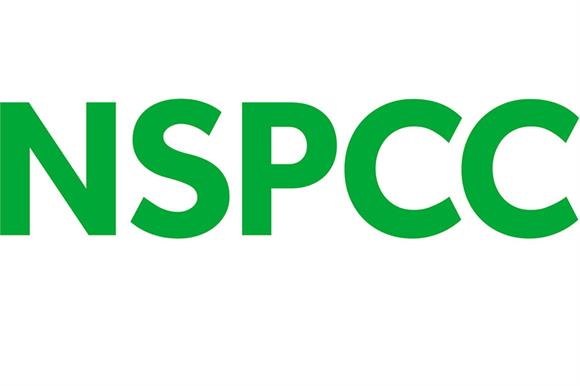The internet was used as a gateway by offenders to commit nearly 300 sex crimes against children in Wales last year, according to figures obtained by NSPCC Cymru / Wales.
Offences reported to the four Welsh police forces include rape, sexual assault and grooming victims before meeting them.
This is the first time police have been required to record – ‘cyber flag’ – any sexual crime against a child that involved use of the internet. Of the 296 crimes recorded in Wales last year, 21 victims were aged 10 and under, with the youngest just six years old, according to responses to a Freedom of Information request.
Across 38 police forces in Wales and England there were more than 3,000 sex crimes against children involving the internet last year; an average of eight reported every day.
The troubling figures are revealed today as the NSPCC launches its state of the nation annual report – How Safe Are Our Children? – at the charity’s annual conference in London.
There was wide variation across Wales in the numbers of offences that were cyber-flagged. Dyfed Powys Police recorded 116 offences, North Wales 95, Gwent 59 and South Wales 26. The North Wales force recorded three rapes involving use of the internet; against two boys, under 13 and 16, and a girl aged under 13.
With more young children using social media, NSPCC Cymru / Wales is urging police forces to ensure all officers understand how sex offenders abuse the internet to carry out crimes against children and how to investigate and record such crimes effectively.
The charity has also called on the new Welsh government to introduce a comprehensive online safety action plan, supported by a digital advisory group, to ensure Wales is at the forefront of keeping children safe online.
Empowering children to protect themselves by making online safety a key part of compulsory age-appropriate personal and social education is also a key NSPCC policy in Wales, along with adequate guidance for public service professionals on ‘sexting’ and the law.
Head of NSPCC Cymru / Wales, Des Mannion, said:
“These figures are a matter of huge concern and highlight just how prevalent online child abuse has now become.
“The sheer number of cases confirms our fears that the digital world is playing a significant role in the sexual abuse of children. It’s clear that a large volume of sexual assaults, and in some cases rapes, have involved use of the internet – for example by grooming victims before abusing them offline, or live-streaming the abuse.
“We know this type of grooming is on the rise because children are increasingly telling our ChildLine service how they are being targeted online. Predatory adults posing as children try to meet them or blackmail them into meeting up or performing sexual acts on webcams, which obviously terrifies them and can leave some feeling distressed and suicidal.
“It’s crucial that all police forces ensure officers understand how sex offenders abuse the internet and it’s also time for the Welsh government to improve Wales’ approach to internet safety. Online abuse can be just one click away and we need innovative solutions to help keep Welsh children safe.”
NSPCC CEO, Peter Wanless, said:
“By revealing this first year of data we hope to highlight how police are under increasing pressure to cope with online offences so we have to ensure they have the resources and training to make them fit for tackling crime in the 21st century.
“Ensuring every child who has endured abuse has swift access to mental health support is also crucially important – as we continue to call for through our key It’s Timecampaign.”

| [donate]
| Help keep news FREE for our readersSupporting your local community newspaper/online news outlet is crucial now more than ever. If you believe in independent journalism,then consider making a valuable contribution by making a one-time or monthly donation. We operate in rural areas where providing unbiased news can be challenging. |



















